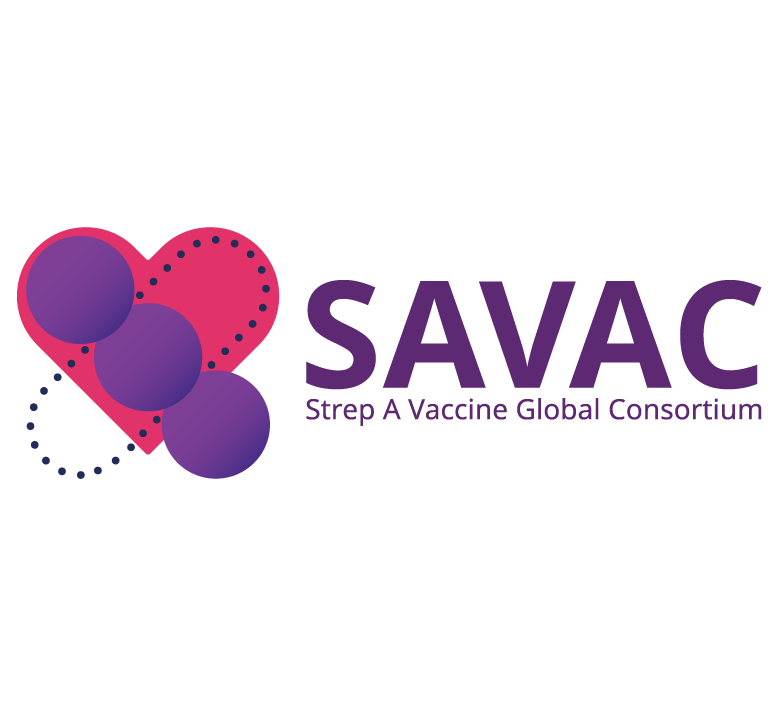Search
Research
Preparing for prevention: Assessing the community awareness of RSV and other childhood infectionsRespiratory Syncytial Virus (RSV) is one of the most common reasons babies are admitted to hospital – with Aboriginal and preterm infants at greatest risk.

Research
Strep A Vaccine Global Consortium (SAVAC) 2.0The mission of SAVAC, the Strep A Vaccine Global Consortium, to ensure that safe, effective and affordable Strep A vaccines are available and implemented to decrease the burden of Strep A disease in the most in need.
Research
Modelling the seasonality of respiratory syncytial virus in young childrenThe transmission dynamics of RSV infection among young children are still poorly understood and mathematical modelling can be used to better understand...
Research
Respiratory Syncytial Virus Hospitalization During Pregnancy in 4 High-income Countries, 2010-2016This study addressed respiratory syncytial virus (RSV) infection during pregnancy
Research
Lack of effectiveness of 13-valent pneumococcal conjugate vaccination against pneumococcal carriage density in Papua New Guinean infantsPapua New Guinea (PNG) introduced the 13-valent pneumococcal conjugate vaccine (PCV13) in 2014, with administration at 1, 2, and 3 months of age. PCV13 has reduced or eliminated carriage of vaccine types in populations with low pneumococcal carriage prevalence, carriage density and serotype diversity.
Research
Aminoglycoside use in paediatric febrile neutropenia - Outcomes from a nationwide prospective cohort studyAminoglycosides are commonly prescribed to children with febrile neutropenia (FN) but their impact on clinical outcomes is uncertain and extent of guideline compliance is unknown. We aimed to review aminoglycoside prescription and additional antibiotic prescribing, guideline compliance and outcomes for children with FN.
Research
Caregiver’s attitudes, beliefs, and experiences for influenza vaccination in Australian children with medical comorbiditiesInfluenza vaccination recommendation by children’s hospital physicians and previous vaccine receipt in hospital was associated with vaccine uptake
Research
Epidemiology and seasonality of human parainfluenza serotypes 1-3 in Australian childrenParainfluenza viruses are significant contributors to childhood respiratory illness worldwide, although detailed epidemiological studies are lacking. Few recent Australian studies have investigated serotype-specific PIV epidemiology, and there is a paucity of southern hemisphere PIV reports. We report age-stratified PIV hospitalisation rates and a mathematical model of PIV seasonality and dynamics in Western Australia (WA).
Research
Timeliness and factors associated with rotavirus vaccine uptake among Australian Aboriginal and non-Aboriginal children: A record linkage cohort studyAboriginal children are at greater risk of rotavirus disease than non-Aboriginal children and delayed vaccine receipt is substantially higher
Research
Socio-economic inequality underpins inequity in influenza vaccination uptake between public and private secondary schools: an Australian population-based studySocio-economic inequality and vaccination inequity have long been critical issues. However, no studies have explored the gap in influenza vaccination uptake between public and private schools. Importantly, the extent to which socio-economic inequality translates into vaccination uptake inequity has not been quantified.
